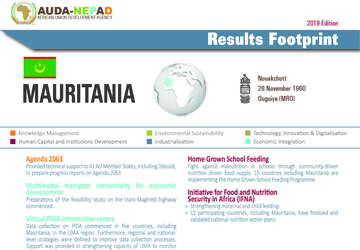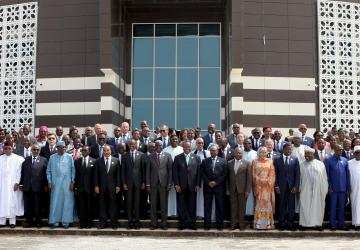 Mauritania
Mauritania
Official Name: Republic of Mauritania
Capital: Nouakchott
Independence Day: 28 November 1960
Currency: Ouguiya (MRO)
Key Result
6700 women benefited from two projects implemented in Mauritania by the NEPAD Spanish Fund for the Empowerment of African Women.
The Boulenouar Wind Power Project involves construction of a large-scale wind farm of 100 MW installed capacity located in Boulenouar, 80 km north of Nouadhibou, the second-largest city in the northern part of the coastal region of Mauritania. The project is set to create a demonstration effect as the first major wind project in the Sahel.
Mauritania is poised to benefit from the construction of the 225 km Trans-Sahara highway missing link from Assamakka to Arlit, Niger at a cost of US$102 million. This project is aimed at facilitating seamless road transportation of goods and people over a distance of 5,000 from Algiers to Lagos, Nigeria.
With the support of the TerrAfrica partners, Mauritania has also been able to implement its Promoting Sustainable Land Management in the Oasis Ecosystems of Mauritania project which has received USD4.19 million.
Media practitioners from Mauritania were trained on how to communicate Sustainable Land Water Management (SLWM) issues and facilitate information flow between TerrAfrica Secretariat, Member States and Regional Economic Communities (RECs).
Related
Projects
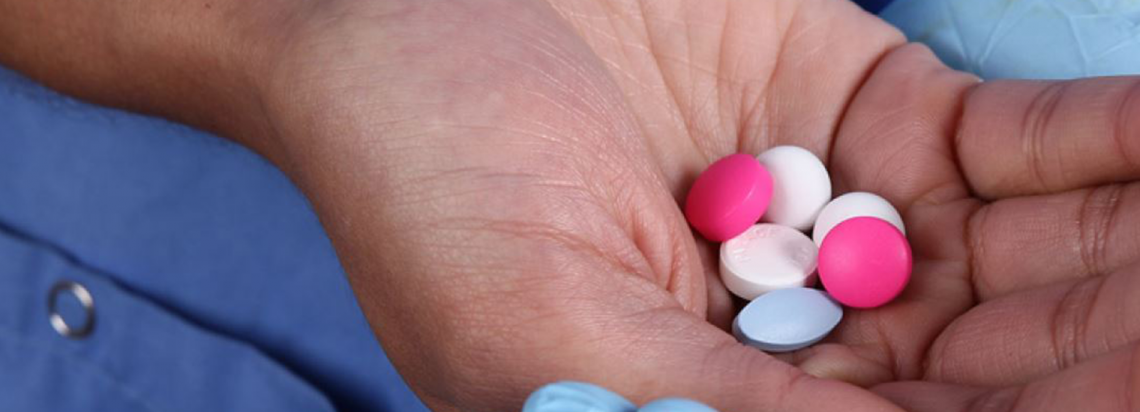
A critical AU Model Law aimed at harmonizing medical products regulatory systems in Africa was endorsed by African Heads of State and Government at the January 2016 AU Summit in Addis Ababa, Ethiopia. The AU Model Law will contribute towards accelerate the regulation of safe, quality and affordable medical products and technologies in Mauritania.

Measuring Cost of Hunger in Africa (COHA) study: Mauritania is among the third-phase countires (Cameroon, Botswana, Kenya, Mauritania) to implement the COHA study. The overarching objective of the multi-country study led by the AUC, NEPAD, WFP and UNECA, is to catalyse coordinated action and inform the design of nutrition-oriented policy frameworks and programmes, with greater investments to eradicate child undernutrition on the continent.
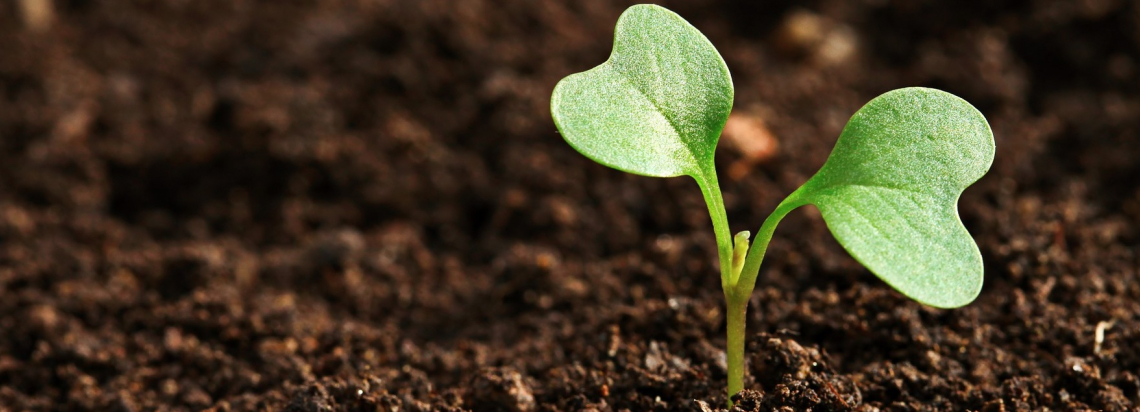
CAADP Compact: Mauritania signed the CAADP Compact on 27 - 28 July 2011.
Capacity Building: NEPAD supported Mauritania in conducting an Independent Technical Review (ITR) from 5 – 16 February 2012.
Business: On 20 - 21 March 2012, the NEPAD Agency facilitated Mauritania’s first Business Meeting.
Results:
- Improving access to water is crucial in Mauritania. Current projects include bringing irrigation to 14,951 ha of land (9,729 ha achieved), the Aftout-Es-Saheli water-supply project with the construction of a 55km canal to irrigate 16,000 ha (40 per cent achieved), and improving water circulation through measures such as weed clearing.
- Water issues also include improved control of the resource through the rehabilitation of dams and dykes, the calibration of backwaters, and studies into the possible construction of barrages.
- Best practices in Mauritania include the implementation of advisory support programmes for oasis horticulture, including research to improve and conserve local plant varieties, prevention of diseases, irrigation and streamlining the production process (packaging, storage, processing).
- Another best practice includes the promotion of diversification of products to include vegetables and cereals such as wheat for better nutrition and economic outputs.
- In the wheat industry, there have been incentives for investors in production, subsidised prices to farmers for agricultural inputs, disease control, inclusion of wheat importers and manufacturers, upgrading marketing and research to determine the varieties with the most potential.
- For market gardening, there has been an increase in available land, the introduction of irrigation, the supply of equipment and inputs including seed potato, onions and other crops, as well as facilitating the sale and conservation of products.
- Mauritania has also embarked on the development of agro-industry and promotion of public-private partnerships. For example, the launching of a project that combines both the growing of sugar cane and creation of a sugar processing plant.

Project : TAH programme
Description : This is phase I of the continental connectivity programme that focuses on completion and standardisation of the TAH missing links by 2030
Project : Single African Sky phase 1 (design and initial implementation)
Description : Single African Sky is a continental programme that will create a high-level, satellite-based air navigation system for the African continent
Project : Yamoussoukro Decision implementation
Description : Accelerate Yamoussoukro Decision implementation by identifying countries that are ready to fully implement it, and discussing and agreeing with both their governments and airlines to launch the voluntary club on a full membership basis;
Project : ICT Enabling Environment
Description : This programme would improve the environment for the private sectors to invest in high-speed broadband infrastructure
Project : ICT Terrestrial for Connectivity
Description : This programme has two main components : secure each country connection by at least two broadband infrastructure and ensure the access to submarine cable to all landlocked countries
Project : Internet Exchange Point (IXP) programme
Description : The aim of this programme is to provide Africa with adequate internet node exchange to maximise internal traffic
Project : Lullemeden Aquifer System
Description : Prefeasibility studies for improved use of the aquifer system
Results:
•At least 74 435 women directly empowered economic and financial terms: Income generation skills; Deployment of technical assistance to boost agriculture production for both consumption and commercial purposes; Accessing agricultural extension services; Promotion of gender inclusiveness in decision making; Creation of enabling environment to access land; Land tenure and legalization of land title for women; Youth job creation; SME management; Informal and Fostered Regional Integration through creation of cross border market. 175 Cooperative established and support both technically and financially. 15 Microcredit Scheme created to support women empowerment. 20 483 National African Women in Business Network established and strengthened
•25 438 women support through institutional based capacity building.
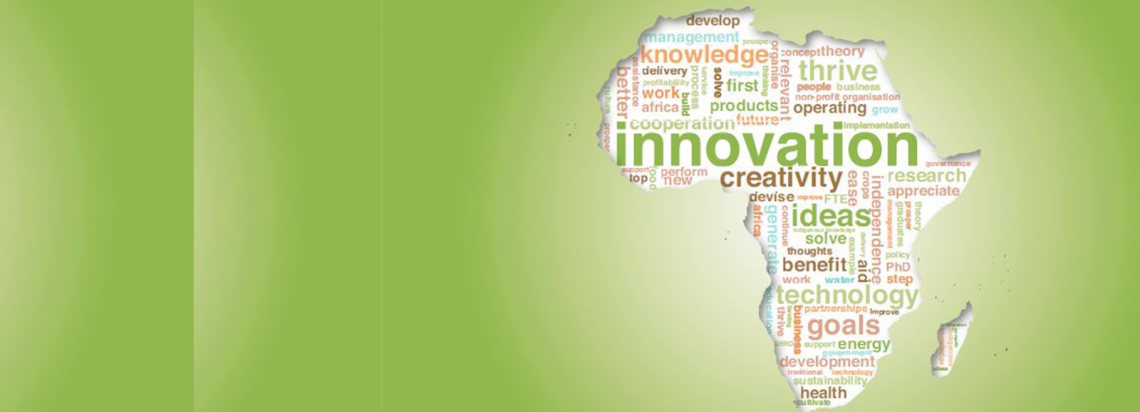
ASTI has captured comprehensive information on STI and consequently built in-country capacity to collect, analyse & publish data and information on research & development (R&D) and Innovation

Results (2013 – 2015)
Advocacy and Strengthening of Negotiation Capacities on Post-2015 Development Agenda through the Common African Position (CAP):
• The multi-stakeholder framework of engagement specifically enhanced dialogue towards ensuring the required mass to influence the Post-2015 Global Agenda and Development Goals relevant to the Continent;
• This intervention helped strengthen country and regional level negotiating capacities for the effective incorporation and articulation of Africa’s priorities as enshrined in CAP in the final Global SDGs;
• The project enabled the participation of African stakeholders at the Means of Implementation Engagement, 3rd Financing for Development Conference and the UN General Assembly that adopted the new SDGs. This ensured the incorporation of Africa’s development priorities into the new goals through developing essential negotiation capacities;
• Through the CAP/SDGs space on the Africa Platform for Development Effectiveness (APDev), knowledge products and negotiation documents, as well as, policy briefs where successfully disseminated to the African negotiators in New York and kept the continent’s stakeholders informed of the overall process;
• Development and dissemination of post-2015 Policy Briefs on “Financing and Partnerships” and “Structural Economic Transformation and Inclusive Growth”. These are priorities outlined in the CAP and the policy briefs where utilized in the negotiation process for the African continent.
Global Partnership for Effective Development Cooperation (GPEDC):
• Africa secured the hosting of the 2nd High Level Meeting (HLM) of the Global Partnership. This was attained through robust negotiation and facilitating a common voice from Africa with regards to this critical engagement by the NEPAD Agency. The 2nd HLM will be held in Nairobi Kenya;
• The NEPAD Agency advocated for the full inclusion and participation of Africa’s Regional Economic Communities (RECs) in conducting the 2nd GP Monitoring Exercise. This was a fundamental achievement considering the RECs are the continent’s building blocks with regards to socio-economic transformation;
• The Africa Action Plan on Development Effectiveness (AAP) was granted the status of an official Global Partnership Initiative (GPI) at the Planning Meeting in Brussels. The AAP was developed by the NEPAD Agency in consultation with African multi stakeholders. This has enabled the Agency to successfully mobilize resources towards the implementation of the AAP.
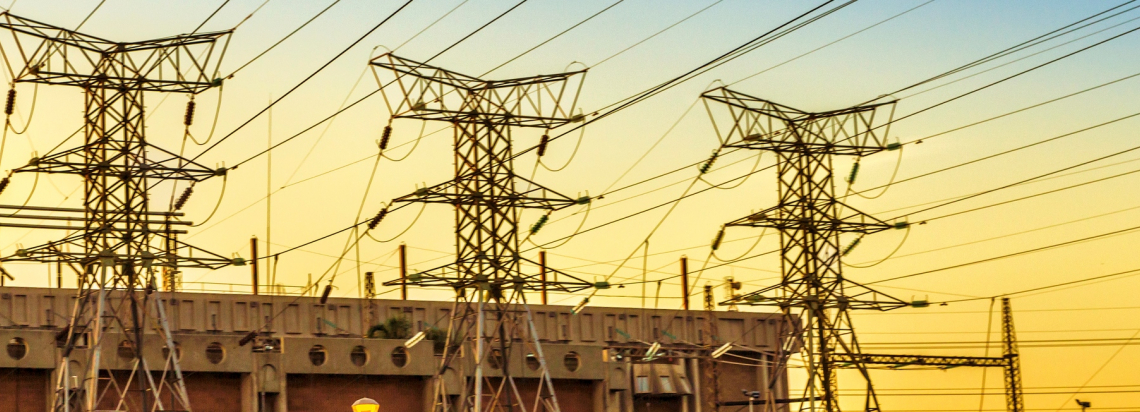
Project : Wind – Boulenouar Wind Power Project
Project Location : Boulenouar, Mauritania
Sector/Subsector : Energy/Generation
Project Description : Construction of a large-scale wind farm of 100 MW installed capacity located in Boulenouar, 80 km north of Nouadhibou, the second-largest city in the northern part of the coastal region of Mauritania. Set to create a demonstration effect as the first major wind project in the Sahel.
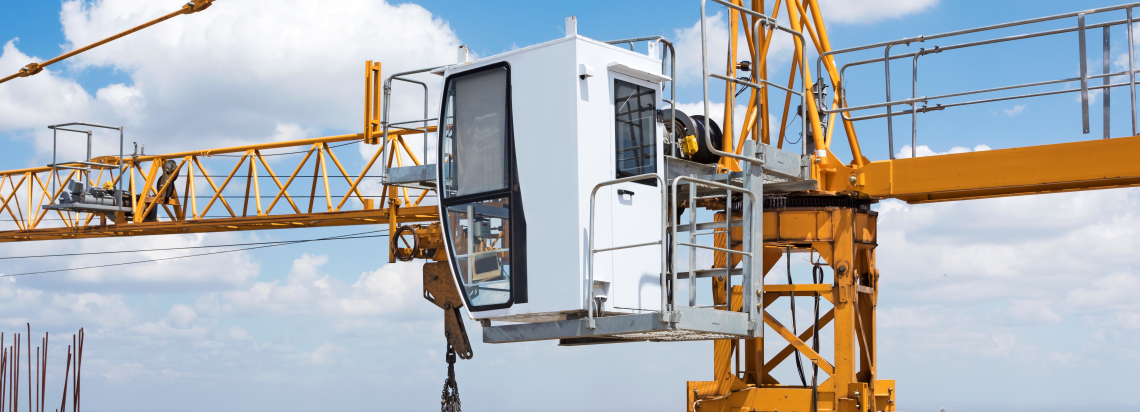
Project : Missing Links on the Trans-Sahara Highway
Description : Construction of 225 km of road between Assamakka and Arlit, Niger
Estimated total cost : USD102 million
Description : The use of political gravitas and goodwill to unblock and facilitate political bottlenecks affecting the implementation of ICT broadband and optic fibre projects on the continent

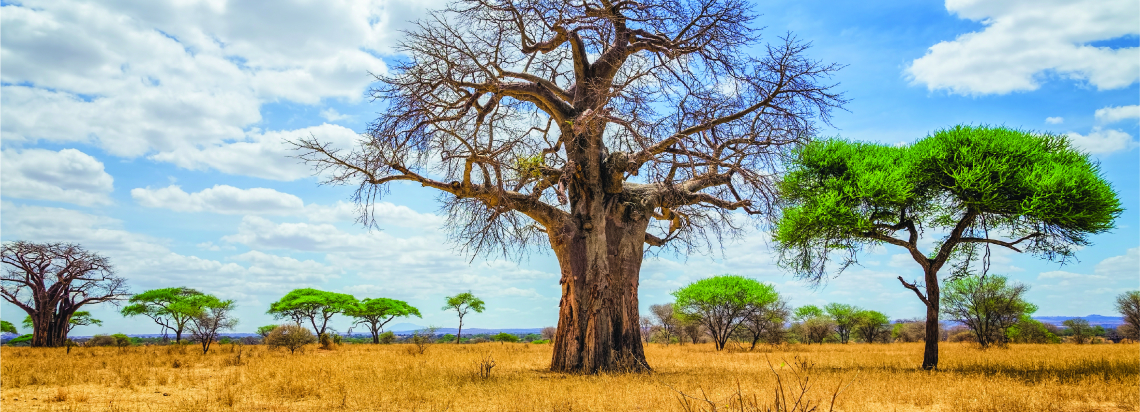
- SLM Knowledge Base: Through the support of the TerrAfrica Leveraging Fund (TLF), TerrAfrica’s Regional SLM Knowledge Base has been generated and disseminated. It contains tools, documents, and practical information to assist in SLWM upscaling at national, regional and continental level. Mauritania is in the process of creating a country specific information system.
- Mauritania has established a Strategic Investment Program (SIP), through the support of the TerrAfrica Leveraging Fund. The SIP is an umbrella investment vehicle that purposes to scale up SLWM practices in line with the TerrAfrica approach. Resulting from establishment of the SIP, the Mauritania Drylands Project was established to contribute to the country’s Inclusive Green Growth Strategy and build on the lessons from the Community Based Watershed Management Project. Through support of the TerrAfrica partners, Mauritania has been able to implements its Promoting Sustainable Land Management in the Oasis Ecosystems of Mauritania – Project. Total support amounts to $4.19M. through SAWAP, support is also underway for the Sustainable Land management Project to the tune of $5.2M.
- The Sahel and West Africa Program (SAWAP) also supported Mauritania in the Mauritania Drylands Project.

Description : Prefeasibility studies for improved use of the aquifer system
"At the beginning of 2014, 37 of the 42 opted-in African countries have completed a rapid assessment / gap analysis. The next step for countries is to develop a SE4LL Action Agenda and Investment Prospectus(es). To support this process, the SE4ALL Africa Hub partners have led the development of Africa Guidelines for SE4ALL national Action Agendas. The Africa Guidelines lay out principles and process for developing Action Agendas and put forward a balanced approach of centralized and decentralized solutions to achieve universal access to energy services.
Progress in Mauritania:
Joined SE4All initiative"
you agree to the AUDA-NEPAD Privacy Policy.

